Hardware Design & Development
At Krishworks Technology Innovations, Hardware Design & Development refers to the end-to-end process of engineering smart, reliable, and industry-ready electronic systems. This includes custom PCB design, microcontroller integration, sensor interfacing, power management, enclosure prototyping, and rigorous hardware testing. Whether for IoT devices, industrial automation, or embedded systems, we turn concepts into scalable, production-ready hardware solutions tailored to performance, cost, and reliability.
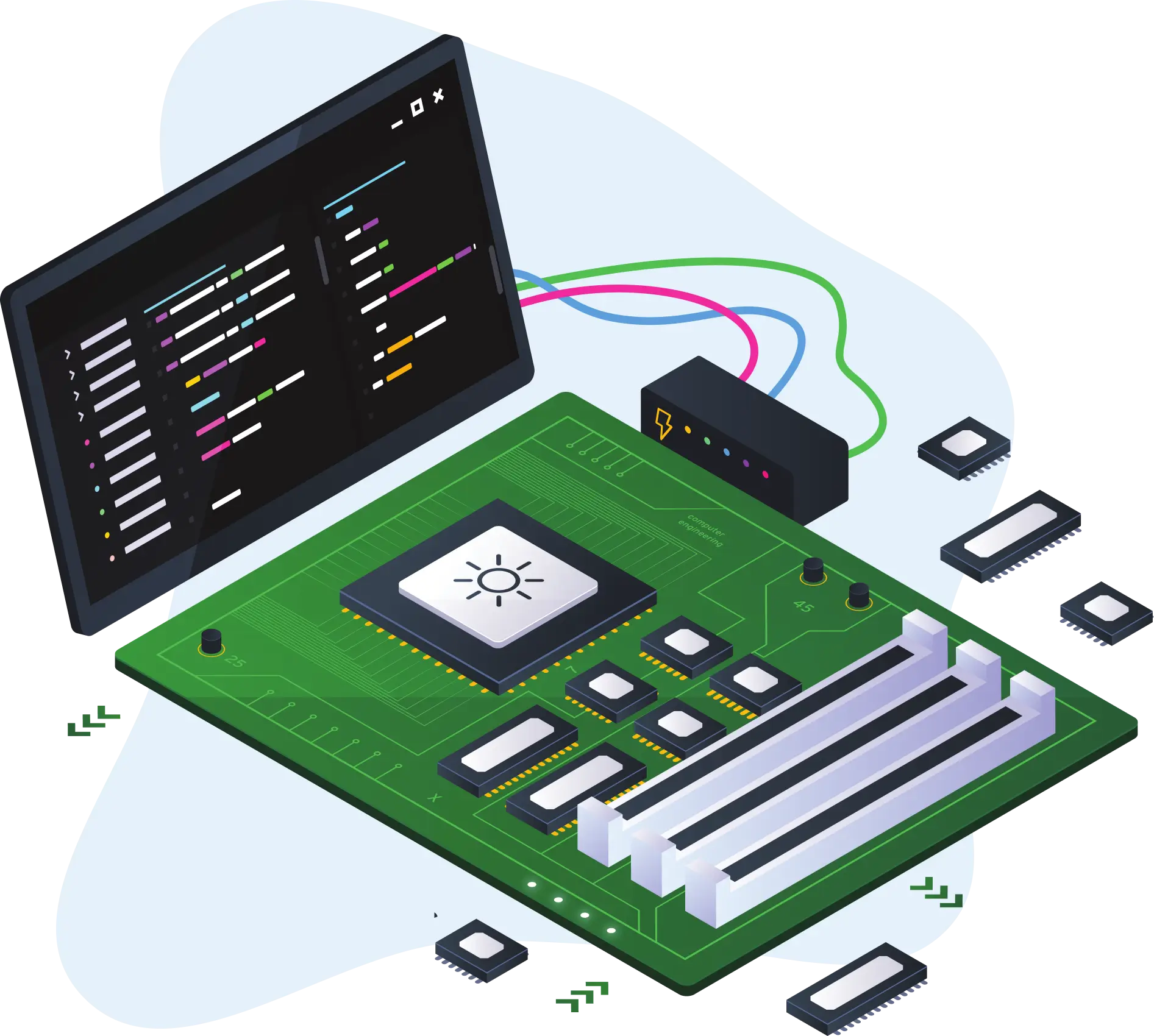
Hardware Design & Development Processes
Schematic Design:
- Creation of circuit schematics for your hardware project.
- Designing analog and digital circuits.
- Ensuring proper component selection and design constraints.
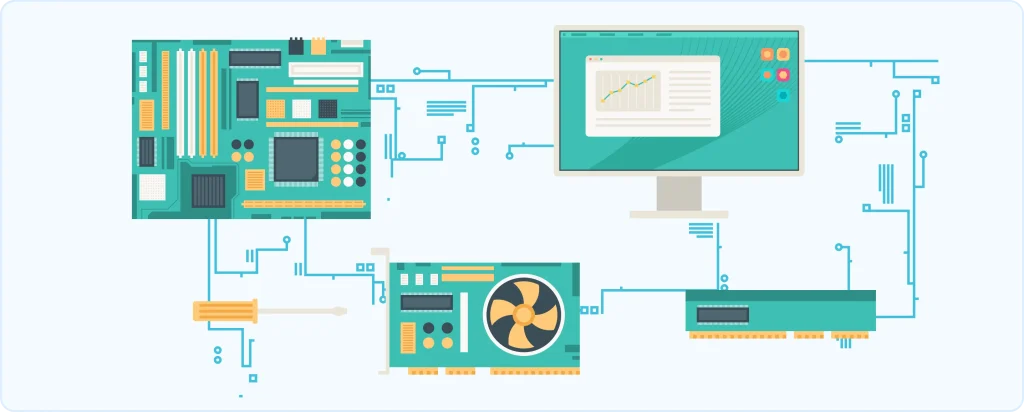

PCB and Schematic Source Files:
- Provide complete PCB design files, including Gerber files and schematic source files.
- Design files compatible with industry-standard tools (such as Altium Designer, KiCad or EAGLE).
- Component footprint design, netlist generation and design rule checks (DRC).
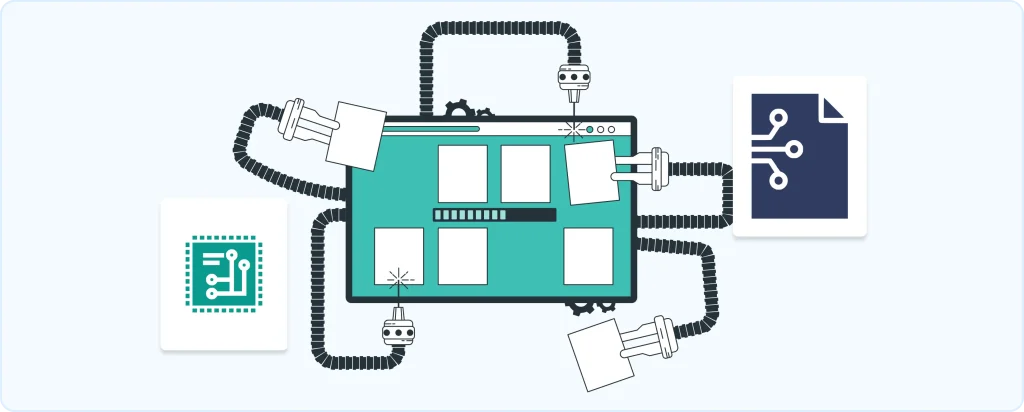
Assembling Drawing Files:
- Provide assembly drawings that detail component placements and orientations for manufacturing.
- Provide BOM (Bill of Materials) and component references to facilitate assembly.
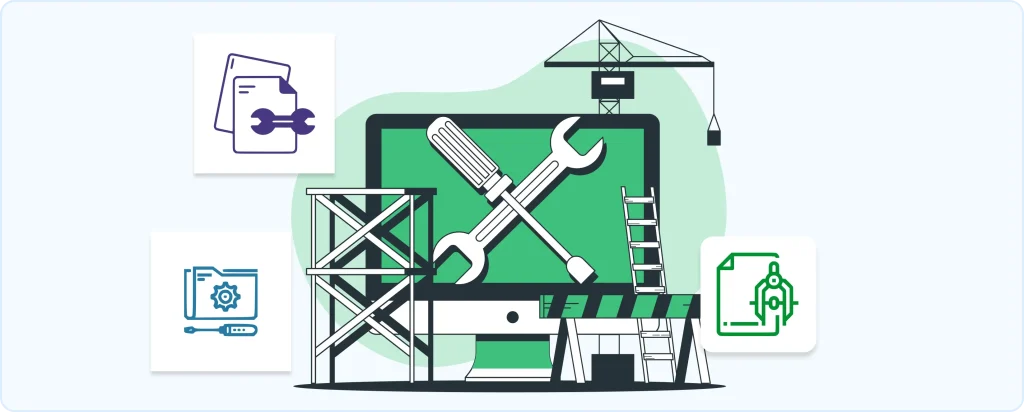
Prototype/Sample and Production PCB Service:
- Prototype PCB manufacturing to produce initial versions for testing and validation.
- Transition from prototype to mass production for large-scale orders.
- Support through the prototype assembly process, including parts sourcing and assembly.
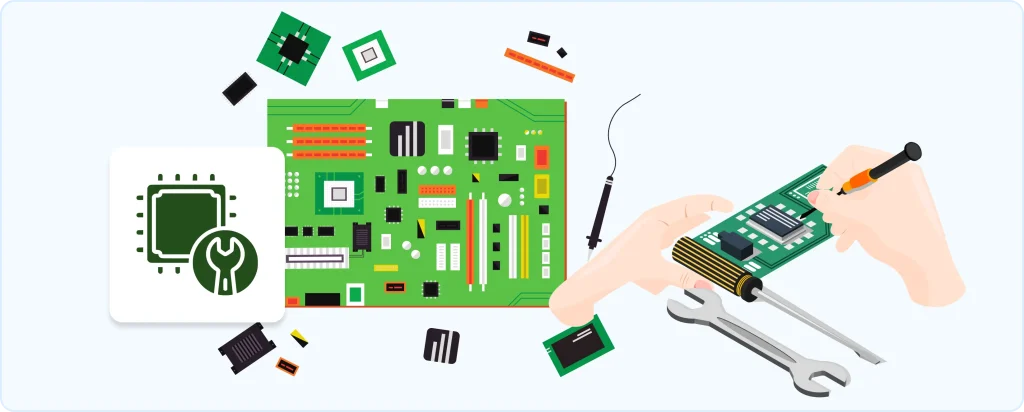
Testing and Validation of Designed Hardware:
- Perform rigorous hardware testing to ensure all components are working as
intended. - Functional validation of the PCB under real-world conditions.
- Signal integrity analysis, power delivery and thermal management testing.
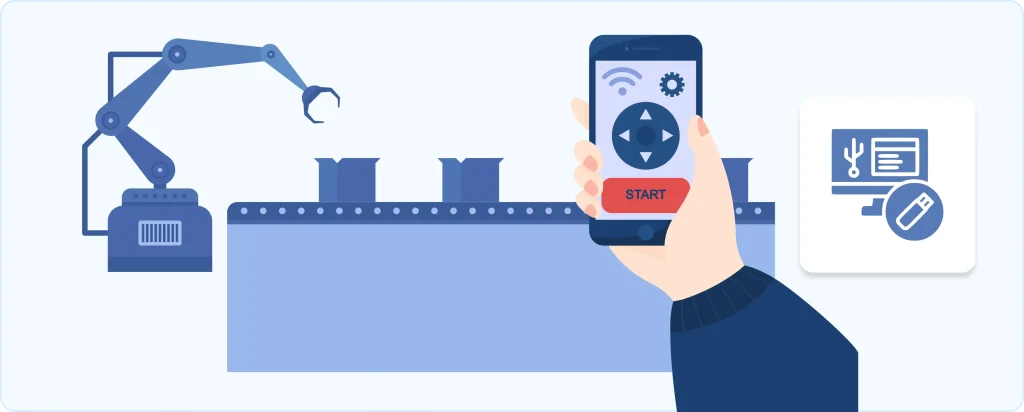
Additional Add-on Services:
Custom PCB Modifications:
Adjustments or iterations to the design based on feedback from prototyping.
Firmware Development:
Design and implement firmware to interface with the hardware.
Mechanical Design:
Design 3D models and enclosures for the PCB and overall product
Compliance Testing:
Assisting in regulatory testing such as CE, UL, FCC certification, etc